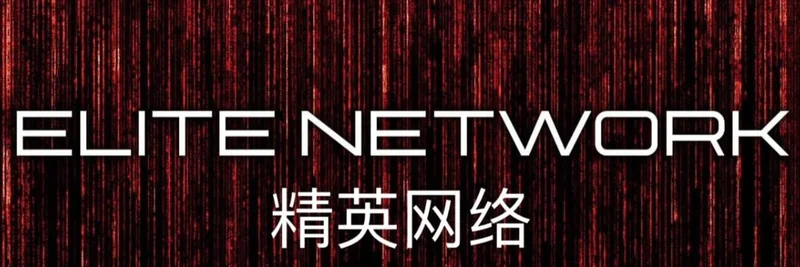In the fast-paced world of cryptocurrency, privacy has become a hot topic—or as insiders call it, the "privacy meta." This refers to the growing trend of protocols and tools designed to enhance user anonymity on the blockchain. But not everyone is sold on it being a net positive. A recent tweet from @0xWives sparked a conversation that's worth diving into, especially for those in the meme token space where quick trades and community hype rule the day.
The tweet in question, posted by @0xWives—a self-proclaimed giver of alpha with roots in TradFi, DeFi, and AI—reads: "I think the privacy meta is cool and all, but I also think it opens up a lot of negative consequences. I think the negatives outweigh the positives if everything shifts in that direction." You can check out the full discussion here. It's a short but pointed take that echoes concerns many in the crypto community have been whispering about.
What Is the Privacy Meta, Anyway?
For newcomers, let's break it down simply. Blockchain technology, the backbone of cryptocurrencies like Bitcoin and Ethereum, is inherently transparent. Every transaction is recorded on a public ledger, meaning anyone can trace funds from wallet to wallet. Privacy meta tools aim to change that by using techniques like zero-knowledge proofs (ZKPs)—math-based ways to verify transactions without revealing details—or mixing services that jumble transactions to obscure origins.
These features are popping up in DeFi protocols, layer-2 solutions, and even meme token ecosystems. Think of projects like Zcash or Monero, which have long championed privacy, but now it's going mainstream with integrations in popular chains. For meme token traders, this could mean hiding your big buys to avoid front-running, where others copy your moves and drive up prices before you.
The Upsides: Why Privacy Sounds Like a Win
On the surface, more privacy seems like a no-brainer. In a world where data breaches and surveillance are everyday news, keeping your financial moves under wraps protects against hacks, doxxing, and even government overreach. For blockchain practitioners, it levels the playing field—whales can't easily snoop on retail traders' strategies.
In the meme token realm, privacy could supercharge virality. Imagine launching a token without immediate whale dumps visible on-chain, giving smaller communities a fairer shot. It also aligns with the cypherpunk ethos of crypto: decentralization and personal sovereignty. Tools like Tornado Cash (before its sanctions) showed how privacy can enable secure, anonymous donations or payments.
But Here's Where It Gets Tricky: The Downsides
@0xWives hits the nail on the head with the potential negatives. Full privacy might make it easier for bad actors to launder money, fund illicit activities, or rug-pull investors without a trace. Regulators are already cracking down—look at how the U.S. Treasury sanctioned mixing services. If everything goes private, it could invite heavier scrutiny, slowing innovation across the board.
For meme tokens, which thrive on transparency and community trust, privacy could backfire. How do you verify a project's legitimacy if holdings are hidden? Scams might proliferate, with devs anonymously dumping tokens. Plus, in DeFi, privacy complicates audits and compliance, potentially scaring off institutional money that meme ecosystems increasingly rely on for liquidity.
Replies to the tweet highlight this divide. One user asks for expansion, another points out existing privacy paths via centralized exchanges, and there's even a nod to Grok for weighing pros and cons. It shows the community is split, with some seeing privacy as an evolution and others as a Pandora's box.
Balancing Act: What This Means for Meme Token Enthusiasts
As someone who's navigated the highs and lows of crypto journalism, I see @0xWives' caution as a timely reminder. Meme tokens, often built on hype and quick flips, could benefit from selective privacy—like optional ZK features in DEXs. But a full shift? That might erode the fun, transparent chaos that makes memes addictive.
If you're building or trading in this space, keep an eye on projects blending privacy with accountability, like those using verifiable credentials. Tools from chains like Polygon or Solana are experimenting here, offering privacy without total opacity.
Ultimately, the privacy meta is evolving, and debates like this tweet keep us grounded. What's your take—does privacy empower or endanger crypto? Drop your thoughts in the comments below, and stay tuned to Meme Insider for more insights on how these trends shape the meme token landscape.


